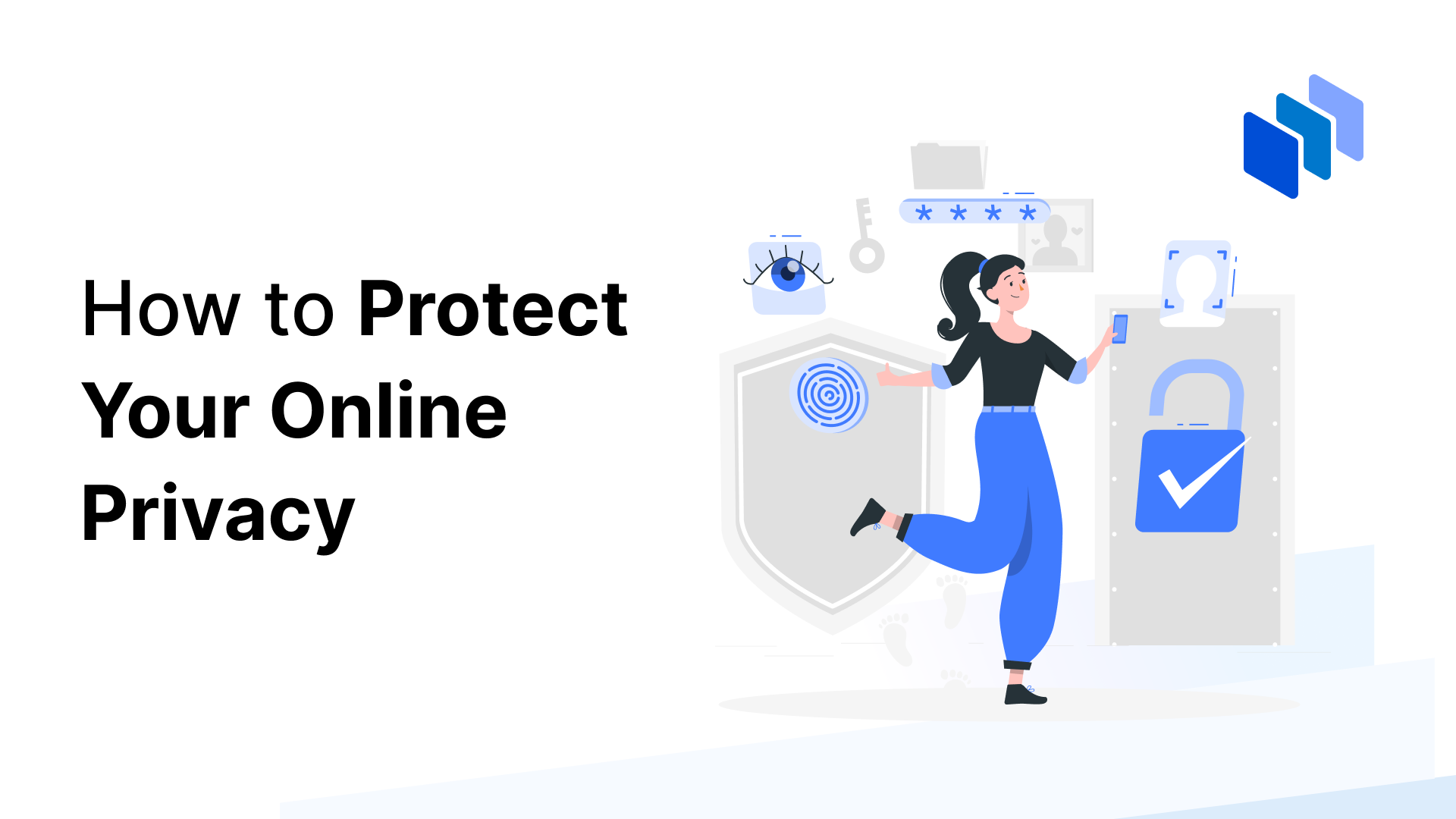Technology
Guarding Your Digital Doorstep: A Guide to Data Privacy in the Online World

In today’s digital age, our personal information permeates the internet. From social media profiles to online shopping habits, a vast amount of data is collected about us. Understanding data privacy and implementing strong practices to safeguard your information is essential for navigating the online world with confidence. This comprehensive guide equips you with the knowledge and tools to protect your personal information online.
Demystifying Data Privacy: Understanding What’s at Stake
Data privacy refers to your right to control your personal information. This includes details like your name, address, email address, phone number, browsing history, and online activities. Here’s a breakdown of why data privacy matters:
- Identity Theft: Data breaches can expose your personal information, making you vulnerable to identity theft, where criminals misuse your information for financial gain.
- Targeted Advertising: Companies track your online behavior to target you with personalized advertisements, potentially infringing on your privacy.
- Profiling and Discrimination: Data analysis can be used to create profiles of individuals, potentially leading to discrimination in areas like employment or insurance.
Building Strong Defenses: Essential Tips for Online Privacy
Here are some key actions you can take to protect your data privacy:
- Strong Passwords and Multi-Factor Authentication (MFA): Use unique and complex passwords for all your online accounts. Enable MFA whenever possible, adding an extra layer of security by requiring a code from your phone or email in addition to your password when logging in.
- Be Wary of Public Wi-Fi: Avoid accessing sensitive information on public Wi-Fi networks, as they can be less secure. Consider using a Virtual Private Network (VPN) for added protection when on public Wi-Fi.
- Social Media Privacy Settings: Review and adjust your privacy settings on social media platforms. Limit who can see your profile information and posts, and be mindful of what you share online.
- Beware of Phishing Scams: Phishing emails and websites try to trick you into revealing personal information. Be cautious of emails or messages urging you to click on links or download attachments from unknown senders.
- Data Sharing and Permissions: Pay attention to data sharing options when creating online accounts or installing apps. Only grant access to information that is absolutely necessary.
- Regular Data Reviews and Account Cleanups: Periodically review your online accounts and delete any unused ones. Consider privacy settings that allow you to download or delete your data from certain services.
Privacy Tools and Resources: Empowering Your Online Security
Several tools and resources can help you manage your online privacy:
- Privacy-focused Browsers: Browsers like DuckDuckGo prioritize user privacy and minimize data collection by default.
- Password Managers: These tools help you create and manage strong, unique passwords for all your accounts.
- Privacy Extension for Browsers: Extensions like Privacy Badger or Ghostery can help block tracking cookies and scripts that monitor your online activity.
Real-Life Example: Putting Privacy Practices into Action
Imagine Sarah, a social media enthusiast who values her online privacy. She implements several strategies to safeguard her information:
- Sarah uses a password manager to create strong, unique passwords for all her online accounts and enables MFA wherever possible.
- She avoids using public Wi-Fi for sensitive tasks like online banking and utilizes a VPN when on public networks.
- Sarah reviews her social media privacy settings regularly, restricts who can see her posts, and avoids sharing overly personal information publicly.
- She is cautious of suspicious emails and never clicks on links or downloads attachments from unknown senders.
The Future of Data Privacy: A Collaborative Effort
Data privacy is a complex and evolving landscape. Here are some trends to keep in mind:
- Increased Regulations: Governments worldwide are implementing stricter data privacy regulations, giving users more control over their information.
- Focus on Transparency: Companies are becoming more transparent about how they collect and use user data.
- The Rise of Privacy-focused Technologies: New technologies and tools are emerging to empower users to manage their online privacy more effectively.
The Takeaway: Protecting Your Digital Identity
Data privacy is not just about protecting yourself from criminals; it’s about taking control of your online presence. By following these tips, leveraging available tools, and staying informed about evolving trends, you can navigate the digital world with confidence, knowing your personal information is well-guarded.
Remember, data privacy is an ongoing process. Stay vigilant, adapt your practices as needed, and join the movement towards a more secure and respectful online environment for everyone!
